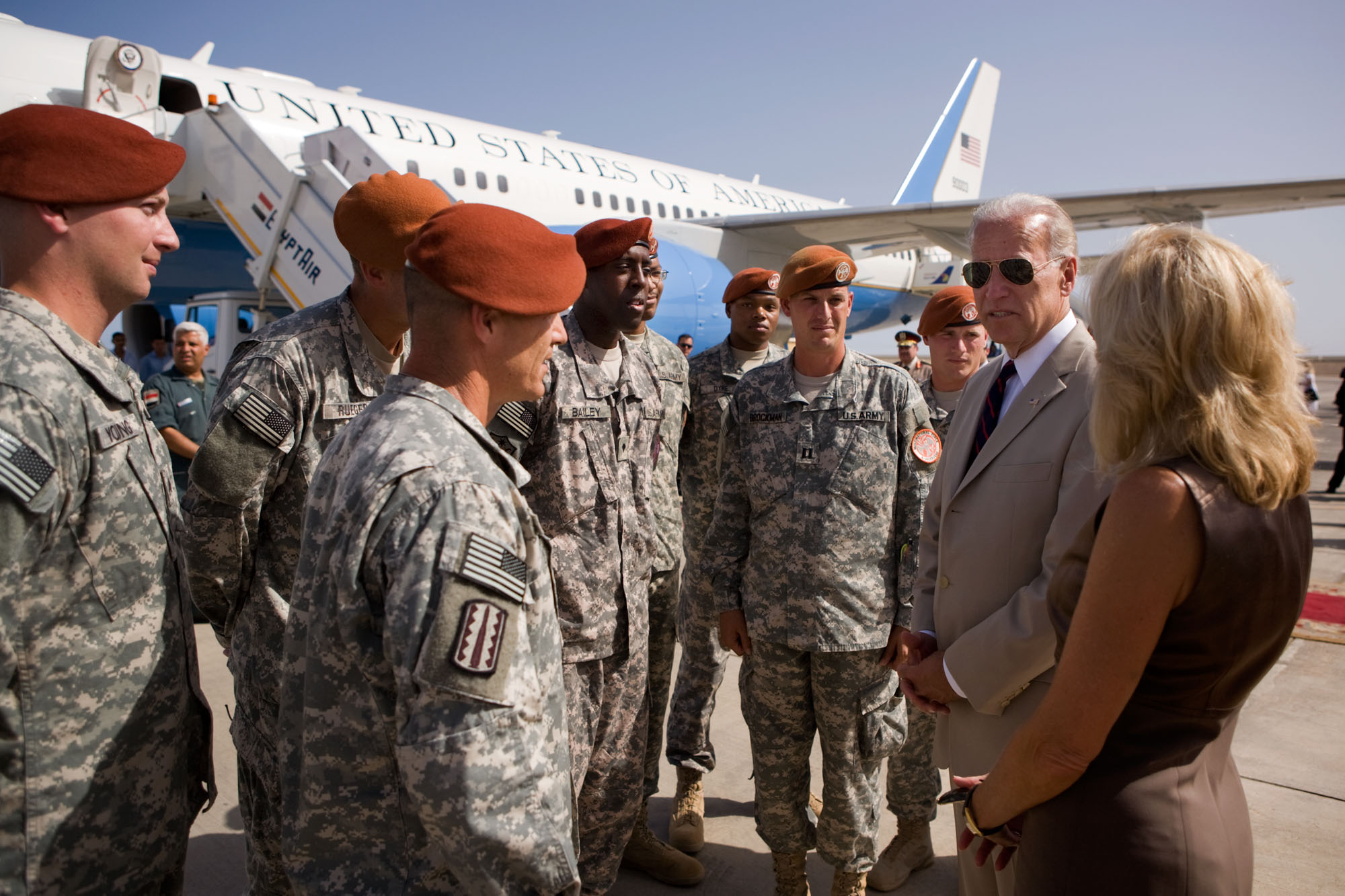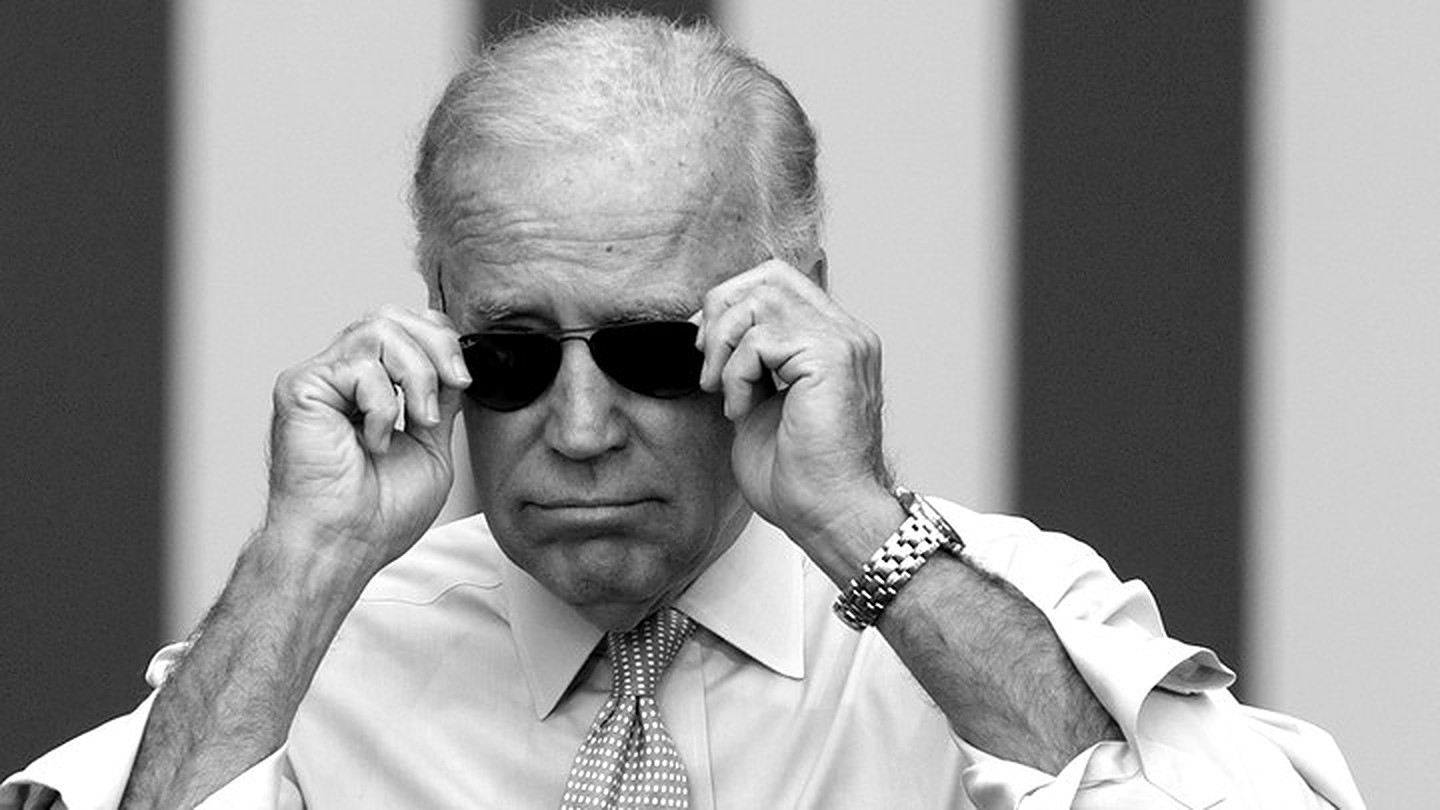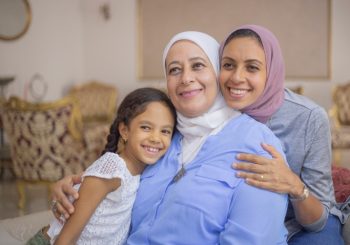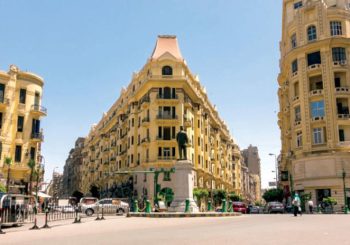
(Official White House Photo by David Lienemann)
Dear President-Elect Biden,
At a time when the world is still trying to see the other side of the bridge; trying to recover from a deadly pandemic, economic turmoil and political animosities, you offered a message of healing and unity.
Today, the world is not the same as it was just a few years back, this is equally true for the Middle East and North Africa. We are still to this day trying to heal from years of political upheaval, divisions and war, which continue to inflict upon us trauma, agony and pain. Without our healing, there will be no healing for the rest of the world.
We saw clearly how if one virus infects one human being, we all get infected. One virus can change, alter, and transform the entire world; spreading from one nation to the other, and one house to another.
We also saw clearly the different approaches that leaders used in dealing with the virus; those who adopted racist, aggressive and anti-China rhetoric against nations – fueling more conflict than unity – and those who worked through cooperation and solidarity to search for pragmatic solutions.
There is too much pain to make room for any more viruses; whether it is terrorism, racism, or conflict of any kind. The region needs fresh perspectives – fresh visions that focus on dispersing the clouds of the present and address challenges with full pragmatism.
Words alone will not meet the needs of our people. Communication will need to be more concrete, detailed and transparent, and to include the voices and needs of all communities in every process.
The United States should ensure that all Middle Eastern states are given room to control their own destiny and enhance the prosperity of their own people, and to omit racist terminologies such as “developing” and the rhetoric of ‘richer nations helping ‘poorer’ nations’ that has disempowered populations and justified further practices of neocolonialism.
The United States should also remain committed to the spirit of multilateralism and international cooperation; working with the United Nations’ and international law to search for peaceful solutions to disputes. At a time when multilateralism is gradually witnessing its decline, your commitment to multilateralism will play a historic role in reviving a rules-based system that puts equality, peace, dialogue and justice as a priority.
The United States should pay particular attention to advancing human capital development across the region. There is a burgeoning young population in Egypt that are passionate about learning, scientific research, social and human rights activism and entrepreneurship. The United States should work with governments to support Egyptian students and youth to build their human capital and support academic, cultural and professional exchanges.
A just peace solution for Palestinians should come in parallel with direct community dialogue with Palestinian communities and amplifying their voices and needs. Organized hypocrisy that uses improving Palestinians’ economic and social welfare as a gateway ticket to boost aid and support to Israel hinders paths to real justice and disempowers Palestinians from voicing their concerns, which go beyond social and economic development, but equal and just treatment.
The United States needs to open its eyes to the ongoing realities and acknowledge the dangers moving in the present, and the future that is engulfed by many tensions – which can explode any moment.
It is through dialogue, cooperation and common destinies that we can ensure a smoother transition towards a better future for all. Egypt and the Middle East are rich with culture, history and potential for the world, and have for so long lived inside the imaginations of leaders and travelers; it is time to showcase this to the world.
Now is the time to put people first, to heal and collectively unite for the rest of humanity.
*The opinions and ideas expressed in this article do not necessarily reflect the views of Egyptian Streets’ editorial team or any other institution with which they are affiliated. To submit an opinion article, please check out our submission guidelines here.






Comments (3)
[…] in the region are paying particular attention to the potential impact Biden’s presidency will have on the region regarding US tensions with Iran, its policy on the […]
[…] in the region are paying particular attention to the potential impact Biden’s presidency will have on the region regarding US tensions with Iran, its policy on the […]